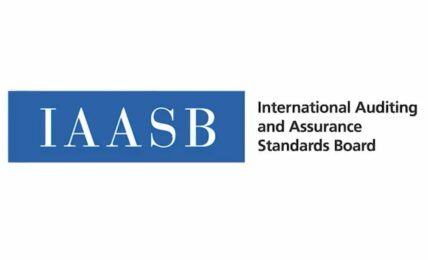Identify 50 highly exposed companies for initial engagement
A group of 50 global investors, representing assets of $10 trillion, announced the publication of a set of expectations for companies in order to demonstrate that they are adequately addressing the physical risks such as such as flooding, droughts and wildfires, as well as opportunities, arising from climate change.
Produced by the Institutional Investors Group on Climate Change (IIGCC) in August 2021 with lead authors from AustralianSuper and Environment Agency Pension Fund, the publication includes expectations regarding the governance, assessment, management, and disclosure of physical climate risks and opportunities, and outlines the steps that companies could take to assess physical climate risks, develop a strategy for building climate resilience, and identify opportunities to provide adaptation solutions.
The publication also contains a guide for investor engagement, including questions investors can ask when engaging companies on physical climate risks and opportunities.
Stephanie Pfeifer, CEO, IIGCC, said:
“Companies cannot afford to ignore the impact that climate change could have on their businesses. It is more important than ever that investors are able to understand the risks and associated financial impacts that companies are facing when it comes to the physical effects of global warming. This means that they can effectively identify sectors and individual businesses that are resilient or well-placed to adapt, and increase engagement with those that don’t have an effective risk management strategy in place. This set of investor expectations is intended to provide a framework to facilitate effective engagement with companies and support them in adapting accordingly.”
Some of the key expectations set out in the guide include establishing climate governance frameworks that consider physical risks and transition risks, as well as opportunities, along with a commitment to greater disclosure; undertaking scenario-based physical climate risk and opportunity assessments and detailing the integration of the analysis into business decisions; developing and implementing a strategy for building climate resilience, and; identifying and reporting against risk, opportunity and impact metrics to demonstrate progress over time.
The investors also announced that they have sent an open letter to 50 public companies, across high-risk sectors including energy and mining, transportation, utilities, and manufacturing sub-sectors food processing, technology, and pharmaceuticals, requesting that they adopt the expectations outlined in the guide. The companies were selected as highly exposed to physical climate risk, based on IIGCC research using data from Four Twenty Seven, part of Moody’s ESG Solutions. Targeted companies included Kerry Group, Swatch, Valaris, Centrica, Nestle, FirstGroup, Logitech International, Clorox, Campbell Soup, Delta Air Lines, Nan Ya Plastics, Nippon Express and Nissin Foods Holdings.
The post Investor Group Outlines Expectations for Companies to Identify, Manage and Report Physical Climate Risks appeared first on ESG Today.


